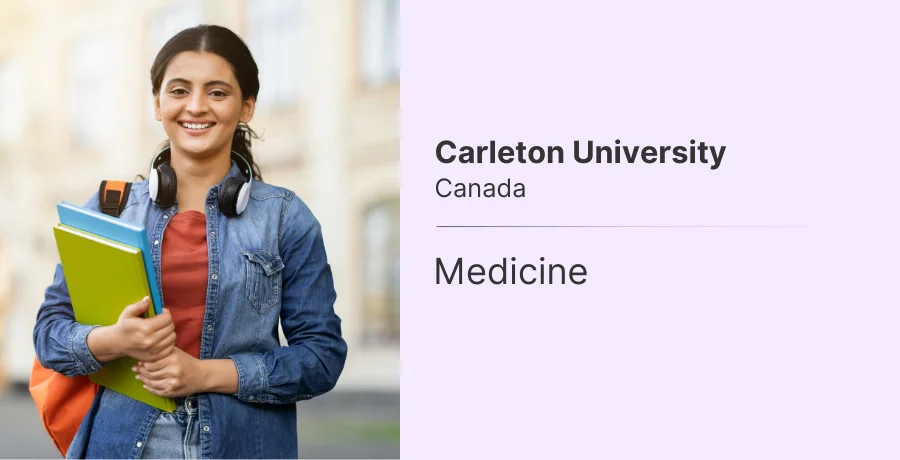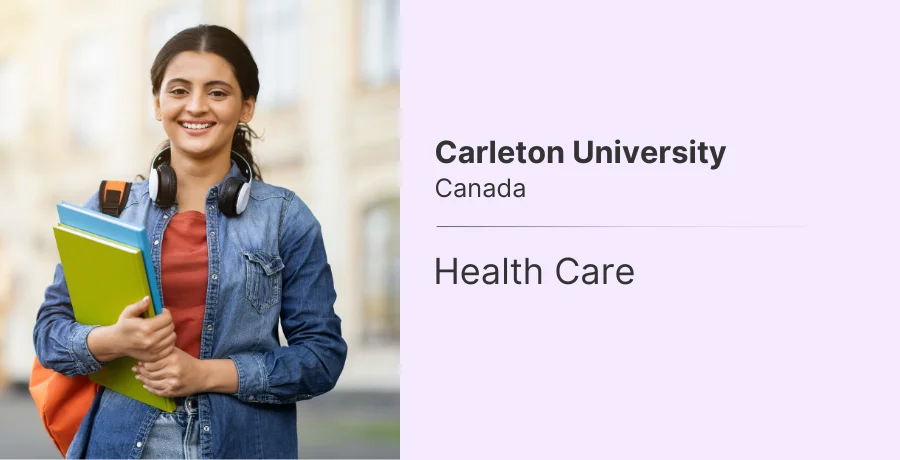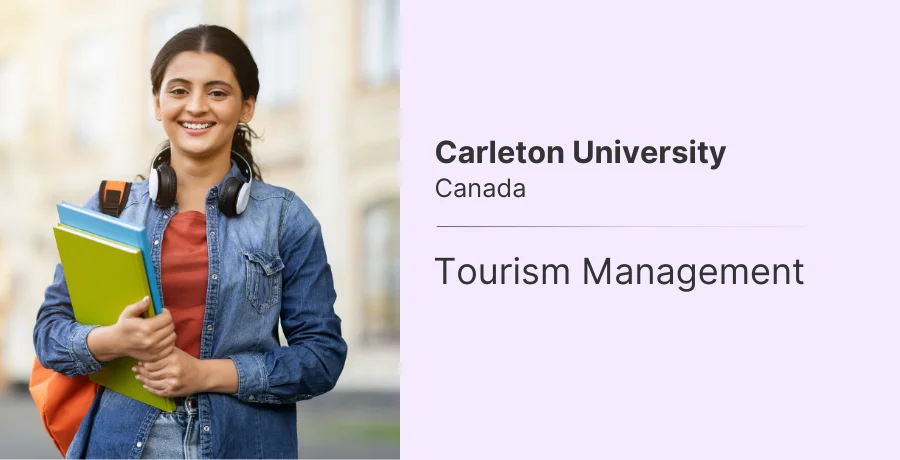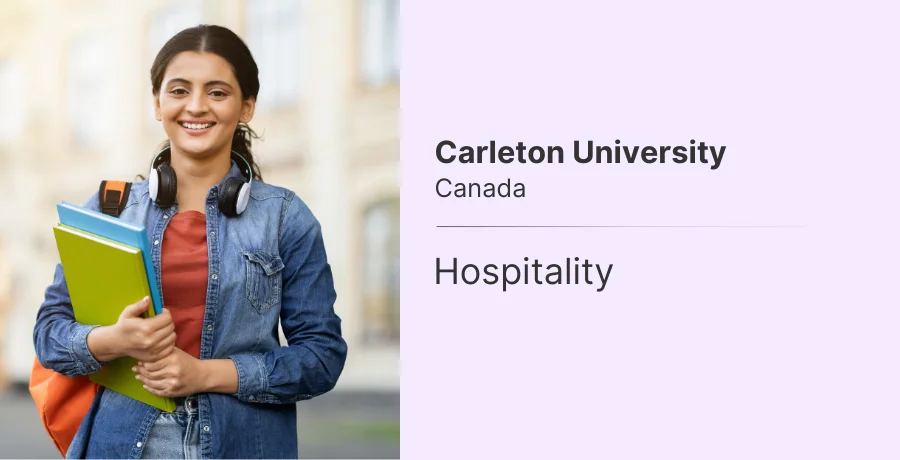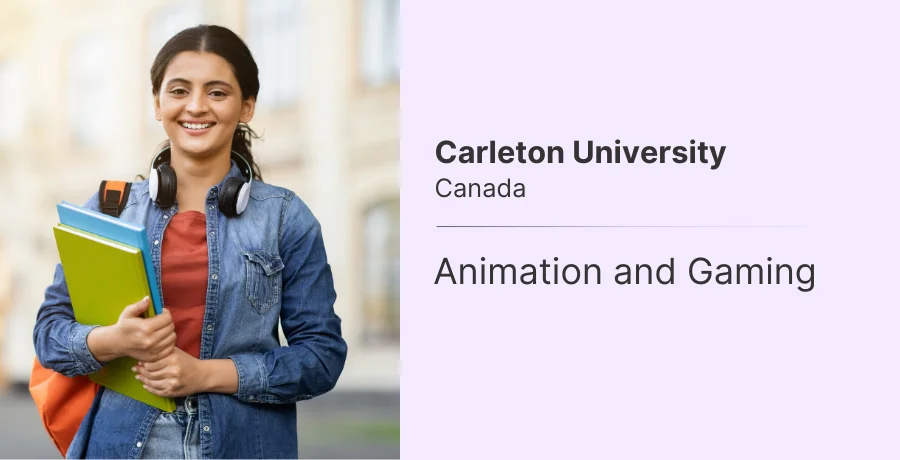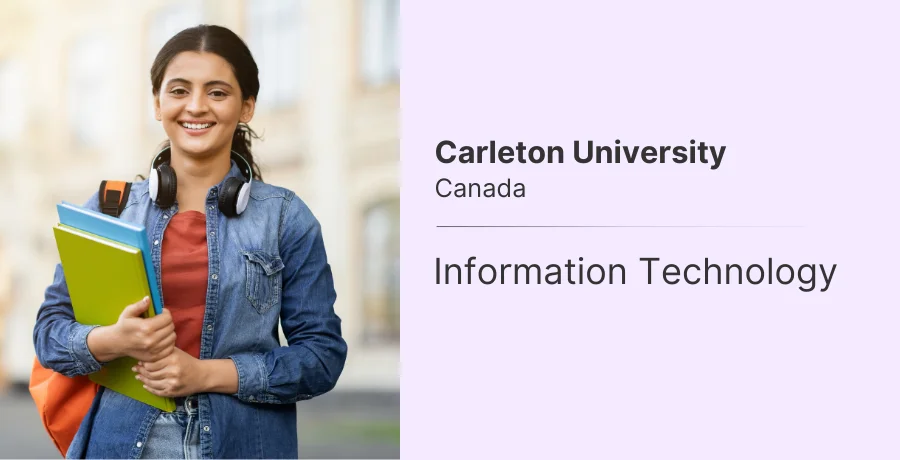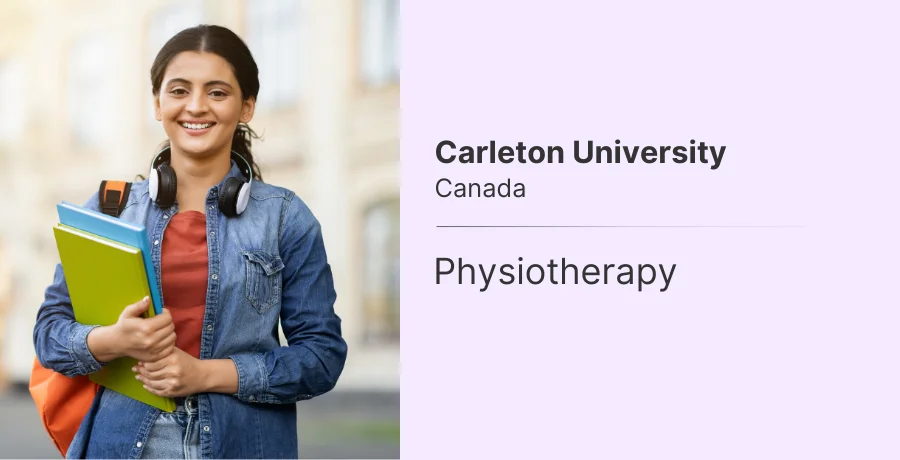Ryerson University Highlights
Ryerson University, established in 1948, is located in downtown Toronto, Canada. Known for its focus on innovation and entrepreneurship, the university has a significant impact both locally and globally. With a diverse community of over 45,000 students, Ryerson offers a wide range of undergraduate, graduate, and doctoral programs. The university is well-regarded for its strong emphasis on experiential learning and has partnerships with various industries, providing students with valuable real-world experience.
- Year of Establishment: 1948
- QS Ranking: In the range of 801-1000 globally
- Other Rankings:
- Top 10 in Canada for innovation
- Top 200 globally for employability
- Ranked among the top 25 universities in Canada
- Top 50 in North America for business programs
- Ranked among the top 100 universities for engineering in Canada
- Infrastructure: Modern facilities including state-of-the-art labs and research centers
- Teaching Faculty: Experienced and industry-expert faculty
- Funding: Receives significant funding for research and development
- Accreditation: Accredited by the Ontario Universities Council on Quality Assurance
Ryerson University Admission
Admission to Ryerson University is competitive, with a significant proportion of international students. The university offers three semesters: Fall, Winter, and Summer, with intakes in September, January, and May. The university's infrastructure supports a diverse student body with modern amenities and resources.
UG Admissions
- Completion of high school diploma or equivalent.
- Minimum GPA of 2.5 on a 4.0 scale.
- English language proficiency test scores (IELTS/TOEFL).
- Personal statement and letters of recommendation.
- Portfolio or audition for specific programs (e.g., Arts, Design).
PG Admissions
- Completion of a bachelor’s degree from a recognized institution.
- Minimum GPA of 3.0 on a 4.0 scale.
- English language proficiency test scores (IELTS/TOEFL).
- Statement of purpose and letters of recommendation.
- Relevant work experience for certain programs.
Ph.D. Admissions
- Completion of a master’s degree from a recognized institution.
- Minimum GPA of 3.5 on a 4.0 scale.
- English language proficiency test scores (IELTS/TOEFL).
- Research proposal and academic references.
- Relevant work or research experience in the field.
Eligibility Criteria
UG Programs
- Business Management: Requires high school diploma, minimum GPA, and English proficiency.
- Engineering: Requires high school diploma with math and science courses, minimum GPA, and English proficiency.
- Arts: Requires high school diploma, portfolio or audition, minimum GPA, and English proficiency.
- Science: Requires high school diploma with science courses, minimum GPA, and English proficiency.
- Communication & Media: Requires high school diploma, portfolio, minimum GPA, and English proficiency.
PG Programs
- MBA: Requires bachelor’s degree, minimum GPA, English proficiency, and work experience.
- Engineering: Requires bachelor’s degree in engineering, minimum GPA, and English proficiency.
- Science: Requires bachelor’s degree in related field, minimum GPA, and English proficiency.
- Arts: Requires bachelor’s degree, portfolio or audition, minimum GPA, and English proficiency.
- Communication & Media: Requires bachelor’s degree, portfolio, minimum GPA, and English proficiency.
To know more about other universities in the Canada, click here.
Ryerson University Programs
Ryerson University offers a wide range of programs across various disciplines, focusing on practical and experiential learning to prepare students for real-world challenges.
UG Programs
- Business Management: Comprehensive business curriculum with specializations.
- Engineering: Programs in Civil, Mechanical, Electrical, and more.
- Arts: Programs in Fine Arts, Theatre, Dance, and more.
- Science: Programs in Biology, Chemistry, Physics, and more.
- Communication & Media: Programs in Journalism, Media Production, and more.
PG Programs
- MBA: Advanced business studies with various specializations.
- Engineering: Master’s programs in various engineering disciplines.
- Science: Master’s programs in various scientific disciplines.
- Arts: Master’s programs in Fine Arts, Theatre, Dance, and more.
- Communication & Media: Master’s programs in Journalism, Media Production, and more.
Accommodation
Ryerson University offers both on-campus and off-campus accommodation options for students.
On-campus accommodation
Ryerson University provides on-campus housing with modern amenities, including furnished rooms, meal plans, and access to various student services.
Off-campus accommodation
Students can also find off-campus housing options in nearby neighborhoods, which offer a range of apartments, shared houses, and rental units.
Housing options
On-campus residences, off-campus apartments, and shared housing options are available.
Cost of Tuition Fees
The cost of tuition fees at Ryerson University varies depending on the program and level of study, with approximate figures provided below.
| Program Level | Approximate Tuition Fees (CAD) |
|---|---|
| Undergraduate | $28,000 - $35,000 per year |
| Postgraduate | $20,000 - $30,000 per year |
Cost of Living
The cost of living in Toronto, where Ryerson University is located, includes various expenses such as rent, travel, and utilities, with approximate figures provided below.
| Expense | Approximate Cost (CAD) |
|---|---|
| Rent | $1,200 - $2,000 per month |
| Travel & Utilities | $200 - $300 per month |
| Food & Drink | $300 - $500 per month |
| Entertainment | $100 - $200 per month |
Scholarships
Ryerson University offers a variety of scholarships to support students financially, with a list of the top 10 scholarships and their maximum amounts provided below.
| Scholarship | Maximum Amount (CAD) |
|---|---|
| President's Scholarship | $40,000 |
| International Secondary School Merit Scholarship | $5,000 |
| Faculty of Engineering and Architectural Science Scholarship | $7,500 |
| Lawrence Bloomberg Entrance Scholarship | $10,000 |
| Ryerson International Student Scholarship | $7,000 |
| Graduate Fellowship | $15,000 |
| Ryerson University Entrance Scholarship | $3,000 |
| Ontario Graduate Scholarship | $15,000 |
| Faculty of Science Scholarship | $7,500 |
| Ryerson Leadership Award | $5,000 |
To know about the Canada study visa requirements, click here.
Placements
Ryerson University has a strong placement record, with a placement rate of approximately 90%. The university's career services and industry partnerships help students secure high-paying job roles.
| Job Role | Approximate Salary (CAD) |
|---|---|
| Software Engineer | $80,000 - $120,000 |
| Business Analyst | $70,000 - $100,000 |
| Mechanical Engineer | $75,000 - $110,000 |
| Marketing Manager | $60,000 - $90,000 |
| Data Scientist | $85,000 - $130,000 |
| Financial Analyst | $65,000 - $95,000 |
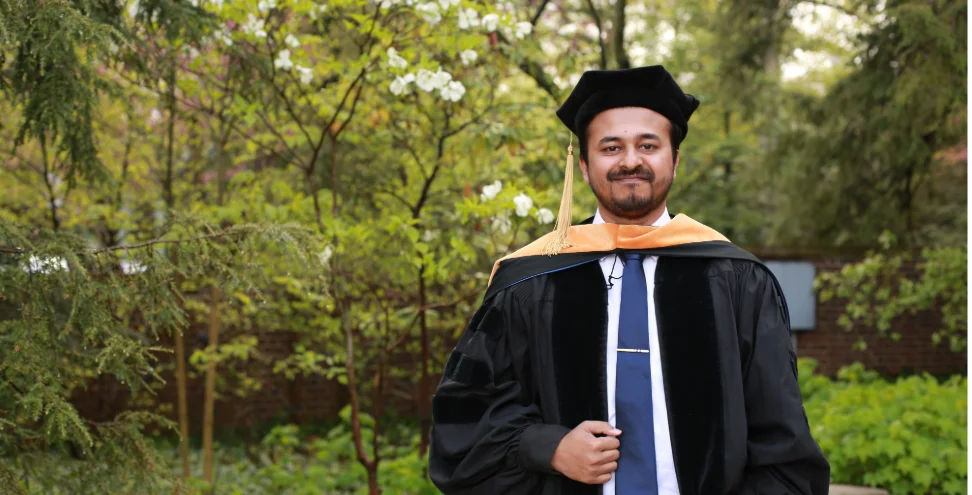
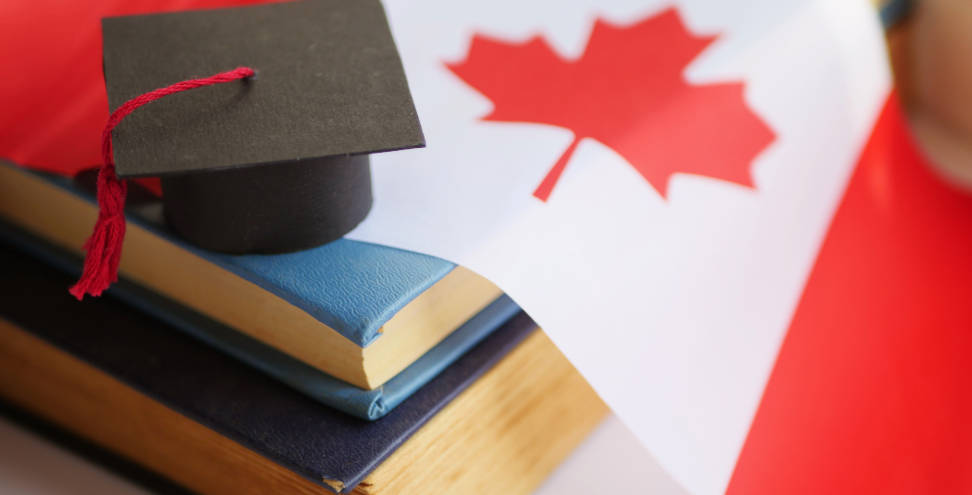

.png)

